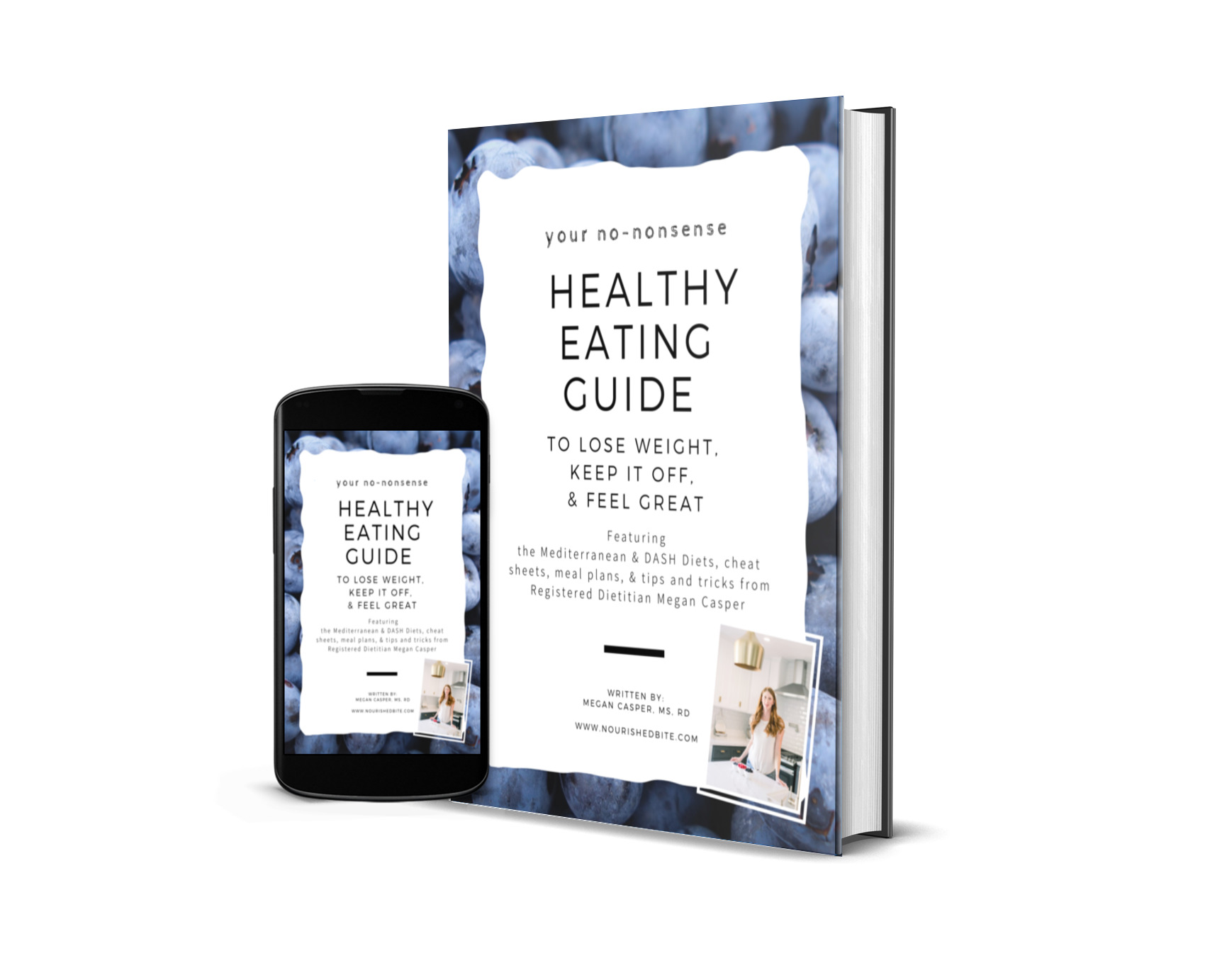5 Ways to Help You Achieve Your Health Goals this Year
/New year, new you? Not so fast. If you’ve ever ditched a New Year's resolution before, you’re not alone. By six weeks into the new year, 4 out of 5 people have broken their resolutions. Before you throw on the sweatpants and dive into some nachos, here’s how to make your goals stick.
One way you can can attain your goals? Make them SMART (Specific Measurable Accountable Realistic Timeframe)
Specific
The first step to success is nailing down exactly what you’d like to achieve. Research states that vague goals are not only harder to achieve but can make you depressed. Saying “I want to save money” or “I want to get healthier” is too vague and easily dismissed. Run through the Who? What? When? Where?
Break down larger goals into mini goals. The goal to do 300 push ups this month might seem like an insurmountable task, but if you break that down into 10 a day you’ll realize that isn’t so bad.
Measurable
You want to get healthy? Okay, do you want your pants to fit better, to be able to walk longer or to see a certain number on the scale? Using measurable goals allows you to see you are making small victories and whittling away at your goal will motivate you to succeed.
Accountable
Not only does having a partner in crime for your workouts keep you from hitting the snooze button, but studies have also shown that those with social support are more likely to still be exercising a year later. Dining with like minded healthy eaters can also keep you on track. If you prefer to go it alone, keep track of your workouts or meals with online trackers (myfitnesspal is a popular one and you can follow friends that way), grab a pedometer or fitbit, or try using a journal.
Realistic
Here’s where a lot of hangups happen!
While research shows that shooting for the moon may land you amongst the stars (or setting harder goals can improve performance), it’s important to make sure that goals are achievable also. Setting unrealistic goals can be overwhelming and disheartening, ultimately leading to giving them up. If you’ve never gone to the gym before, setting the goal to workout every day is bound to end in failure. Cutting down a 1,000 calories a day may help you lose 2 pounds a week, but can also leave you starved, hangry, and unlikely to continue the diet over the long term. Research shows that crash diets don’t work - 95% of people who go on a diet gain the weight back. (Why? When you body is drastically low on calories it breaks down muscle tissue for energy, leading to less muscle mass after a diet is done and lowering your metabolism, which makes it easier to gain weight back when you go back to your normal diet.)
Instead of all or nothing thinking, try to make small sustainable goals that will be maintainable for a healthy lifetime. Start working out once or twice a week at first. You can always add on more days after! Instead of crash dieting, try to make other healthy goals like eating more servings of vegetables per day, cutting out or down on sugary beverages like soda, or swapping in a salad for lunch. Small changes can make a big impact and as you see yourself succeeding you’ll be more motivated to continue and take on more challenges.
If you do want to take on a bigger goal, make sure you break it down and give yourself a ….
Timeframe
You’ll never know you’ve made it if you don’t know where the finish line is! Having a timeframe and reaching target dates will keep you motivated.
Here are some NB approved goals:
Make half of your grains whole grains
Add one serving of fruit and vegetables a day
Bring a healthier lunch and snacks to work for 3 days a week
Start walking twice a week for 15 minutes
Start carrying a water bottle and drinking 8 glasses a day
Try to get protein in every meal and snack
Carry nutritious snacks (like a portions of lightly salted nuts) to avoid vending machines on the go
Let us know what goals you're going to set in the comments below!



